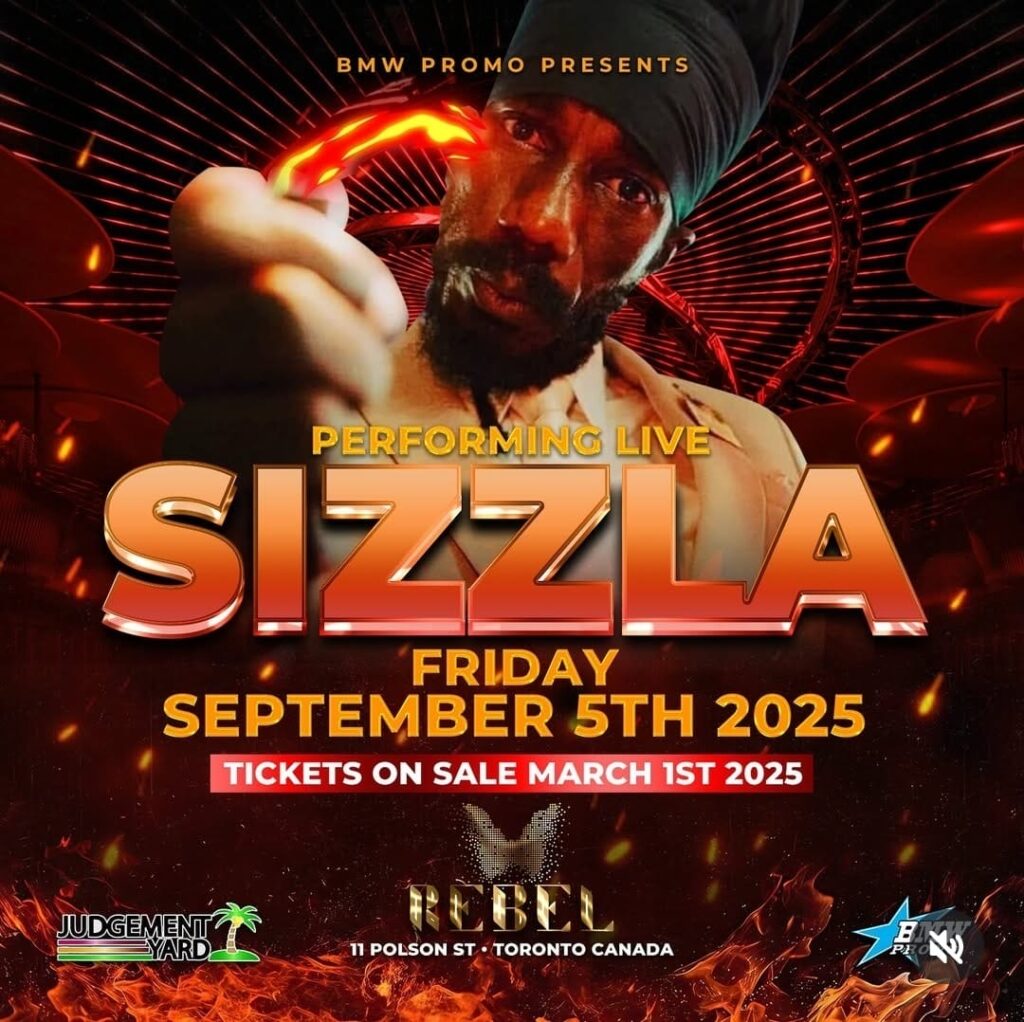No Jumper Podcast Into RICO Arrest In 12 Hours

The No Jumper podcast, initially recognized for its deep dives into hip-hop culture and candid celebrity interviews, has recently spiraled into controversy with the involvement in a RICO (Racketeer Influenced and Corrupt Organizations Act) arrest. What commenced as an innocuous podcast episode swiftly escalated into a legal debacle within a mere 12-hour window, illustrating the volatile intersection of media, celebrity, and the legal system.
In its essence, the podcast aimed to provide a platform for unfiltered discussions around the nuances of street culture, music, and the personal lives of artists. However, the fine line between entertainment and legal accountability became alarmingly blurred. During the episode in question, a guest’s offhand revelation regarding alleged criminal activities caught the attention of law enforcement agencies monitoring such content for leads on organized crime.
The RICO Act, established to combat organized crime, allows for the prosecution of individuals involved in a “criminal enterprise” rather than targeting isolated crimes. Its application has expanded beyond traditional mob activities to address a broader spectrum of organized illegal operations. Thus, when statements made on the podcast implicated involvement in widespread criminal activities, it provided enough probable cause for authorities to take swift action.
The immediacy of the response—transitioning from podcast content to a RICO arrest in 12 hours—underscores the heightened vigilance and responsiveness of law enforcement to real-time information disseminated through digital platforms. This rapid development posed significant questions about the responsibility of media platforms in moderating the content they broadcast and the implications for content creators who may unknowingly serve as conduits for self-incrimination.
For No Jumper, the fallout serves as a cautionary tale. It highlights the potential legal repercussions that can arise from underestimating the impact of seemingly casual conversations broadcasted to a broad audience. This incident is a stark reminder of the contemporary dynamics between new media, law enforcement, and the legal obligations of content creators. As authorities increasingly leverage technological advancements to monitor and potentially act on public communications, the line between private discourse and public liability continues to blur.
This case is set to ignite debates regarding free speech, the ethical responsibilities of podcast hosts, and the thin veil separating entertainment from legalities. It also exemplifies the profound impact of digital content in contemporary legal landscapes, where a single conversation can trigger significant consequences almost instantaneously.






